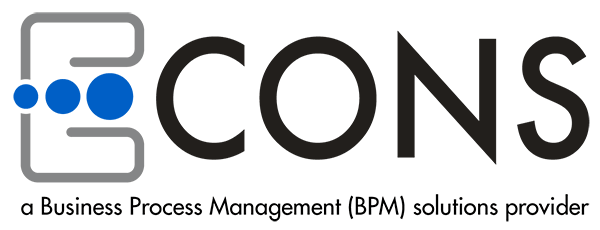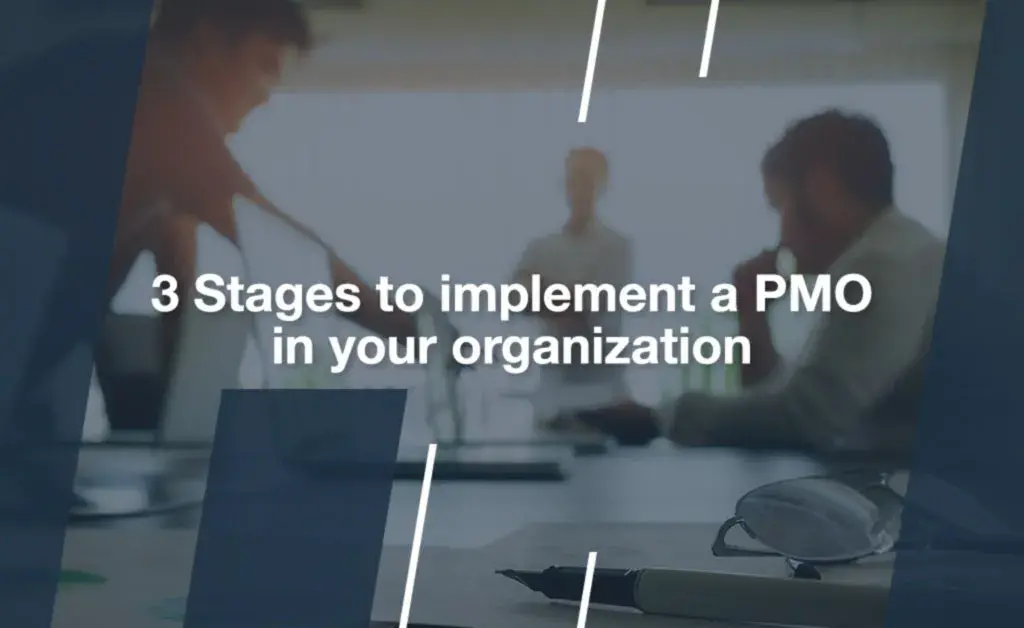PMO is a trademark of high performing organizations. A well designed, properly staffed project management office can drive greater execution-to-strategy alignment, improved team communication, and increase project success rates.
PMOs are a best practice that continues on the rise, but also, the implementation attempts are often short-lived. PMO implementation seems to suffer, in many cases, from over-design platforms, inadequate staffing, and the absence of a strategy
The roadmap for implementing PMO is different for every organization. Not only is it based on the starting condition, but it is also tied to what are the expectations of the office.
What is the main problem I expect the PMO to solve? Is it executional misalignment, is it low project success rates, is it poor visibility? This line of questioning sets the stage for ECONS Consulting staff to prioritize the scope and expectations and sets the stage for a progressive design approach.
There are three general stages in our approach to PMO; how these are deployed are unique to each organization
- Stage 1, the assessment, focuses on constructing the initial portfolio, assessing its content, complexity level, and priorities, designing the initial PMO structure, and laying out a change management plan.
- Stage 2 required a base PMO structure to create practical processes for governance, reporting, monitoring, and reviewing the portfolio progress in order to establish KPI baselines. This stage also includes defining the needs of the organization in terms of skills, systems and tools to sustain the PMO structure. Basic PM Information Systems are in place at this stage on an exploratory basis.
- Stage 3 pursues the institutionalization of the PMO. This phase covers the selection (or development) and implementation of a PMO Information Management system that supports collaboration and status consolidation after a learning period during Stage 2. Training efforts to engage all groups that lead or support projects is also an element for consideration.
All throughout these stages, a Change Management Plan is required to monitor how the decisions made in the implementation process will change the status quo of the organization. A plan of how to communicate, train and guide the teams into the progression intended is a key element to implementing PMO.
We are PMO fans! ECONS consultants can help you create or strengthen yours. Make an appointment today, we will get back to you as soon as possible.




